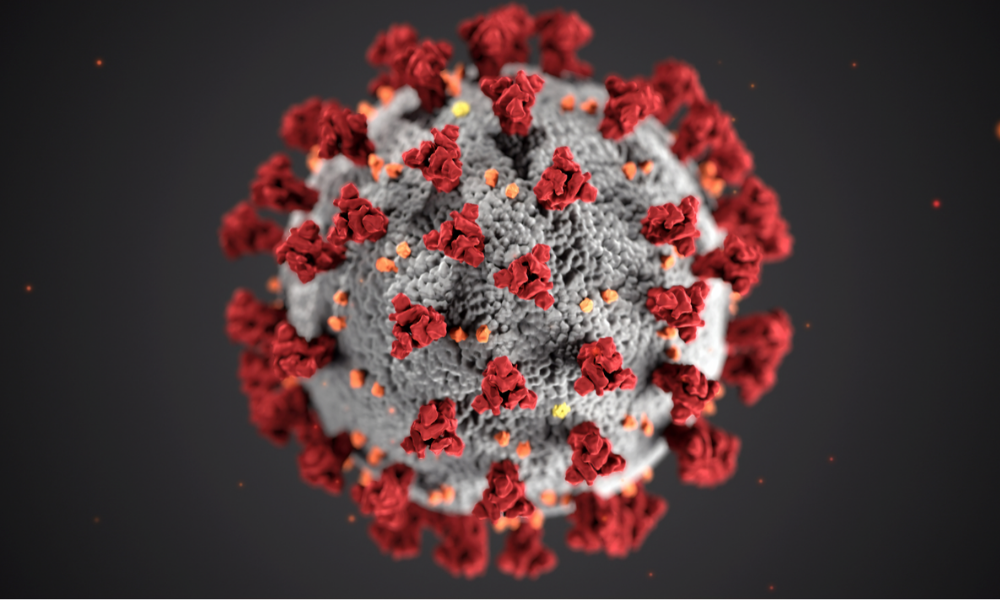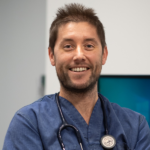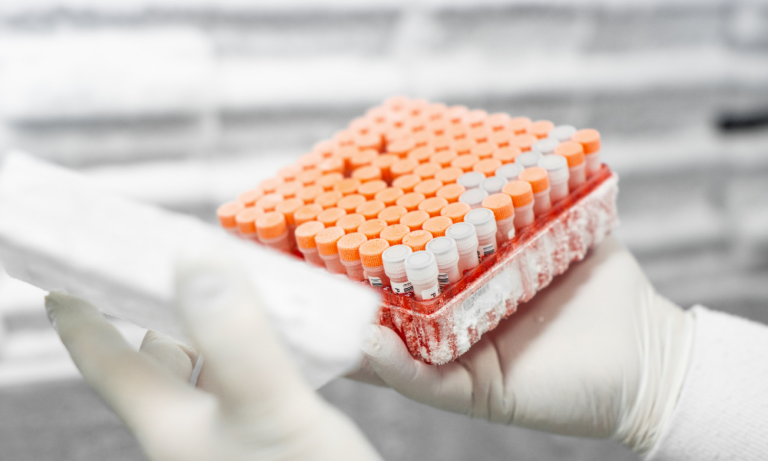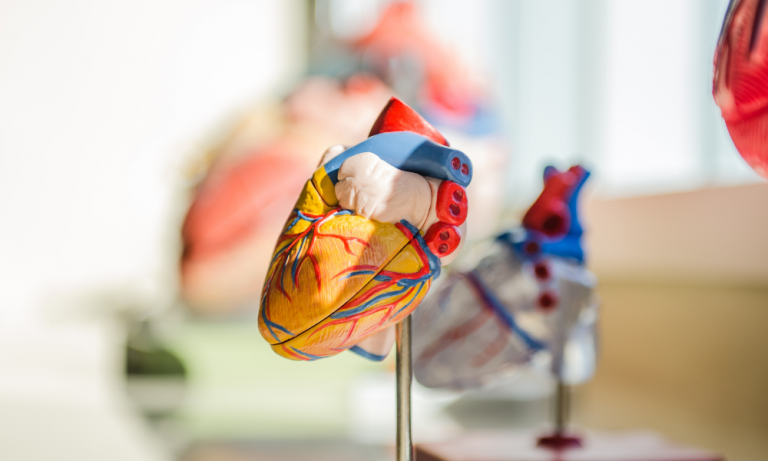Questions and answers: COVID-19 and cardiovascular health
Foundation, in collaboration with Dr. Martin Juneau, cardiologist and Director of Prevention at the Institute
Home > Blog > Questions and answers: COVID-19 and cardiovascular health
COVID-19 has had a significant impact on our lives these past months. Because it can be tricky to find out what is actually true among the vast amount of information available, Dr. Martin Juneau, cardiologist and Director of Prevention at the Montreal Heart Institute, answers your questions about the link between the novel coronavirus and heart disease.
Can COVID-19 have an impact on cardiovascular health?
COVID-19 is a new disease that appeared in December 2019 and every day, we understand a little more about it. Even though it is caused by a respiratory virus, we now know that it attacks other organs such as the digestive system, kidneys, brain, and heart. This is because it can cause clotting disorders in patients.
Even though the disease mainly affects the lungs, in rare cases it causes blood clots that can damage other organs. These clots can be extremely dangerous and even put the life of the patient in danger.
In the case of the heart, the situation becomes dangerous when a blood clot travels through the blood vessels, gets lodged in the right ventricle, and blocks pulmonary arteries.
Can COVID-19 cause a stroke?
The most recent data reveals that COVID-19 can cause an obstruction of the major arteries that supply the brain. Observations and studies carried out in the past months reveal that clotting is a common occurrence in patients and that it often results in severe complications such as strokes.
Are people with heart disease more at risk of developing severe complications?
Cardiovascular diseases, like other chronic diseases, are factors that could aggravate symptoms and the damage caused by the virus. In fact, studies reveal that persons with an underlying condition who had contracted COVID-19 were at increased risk of developing severe complications and thereby had a higher mortality rate.
What are the health problems that can aggravate the side effects of COVID-19?
The most common health problems that result in complications in patients are hypertension, type 2 diabetes, obesity, and cardiovascular diseases. However, other conditions, such as cancer, can also increase the risk of developing severe symptoms.
I have a cardiovascular disease and am taking medication. Should I stop taking my medication?
You should never stop taking your medication without consulting your physician first. They will be able to instruct you on how to proceed or how to change your medication if needed. If you stop taking your medication without first consulting a health care professional, you could end up doing more harm than the disease itself.
I’m a patient of the Montreal Heart Institute but I’m afraid of visiting a hospital. Should I cancel my appointments or reschedule them?
Even though we are living through a pandemic that is quite stressful, you should focus on taking care of your heart because other diseases still exist. Rest assured that the Institute has implemented strict sanitary measures to ensure the safety of patients.
I have a condition that could aggravate the disease. What can I do to prevent complications?
Washing your hands and wearing a mask are efficient ways to decrease the risk of contracting COVID-19. Please comply with public health guidelines: wear your mask in public areas, practice social distancing, and keep your social contacts to the bare minimum. Finally, don’t forget to sleep well, eat well, and exercise every day.
Do you care about the needs of patients and want to support prevention?
Donate today






